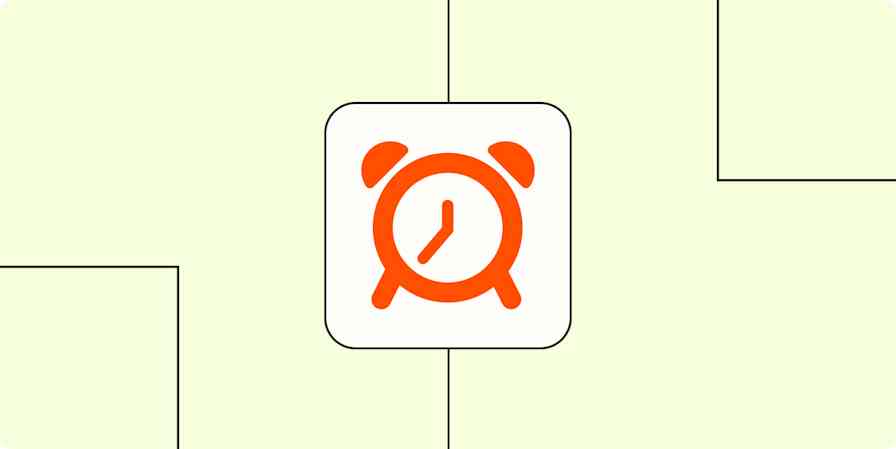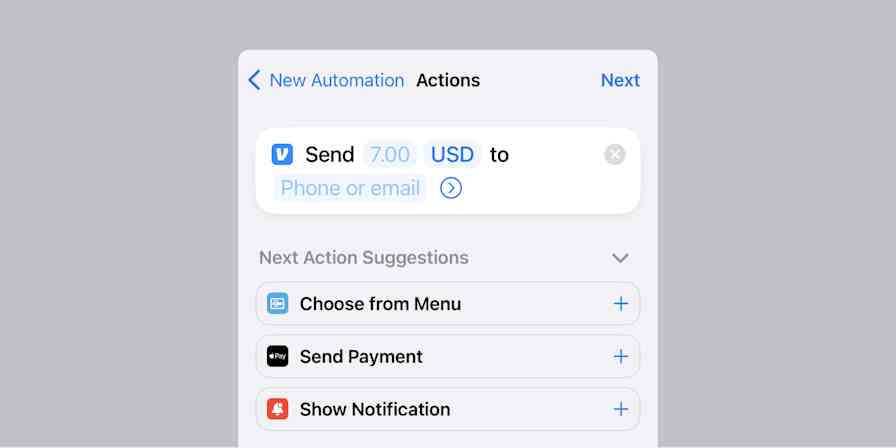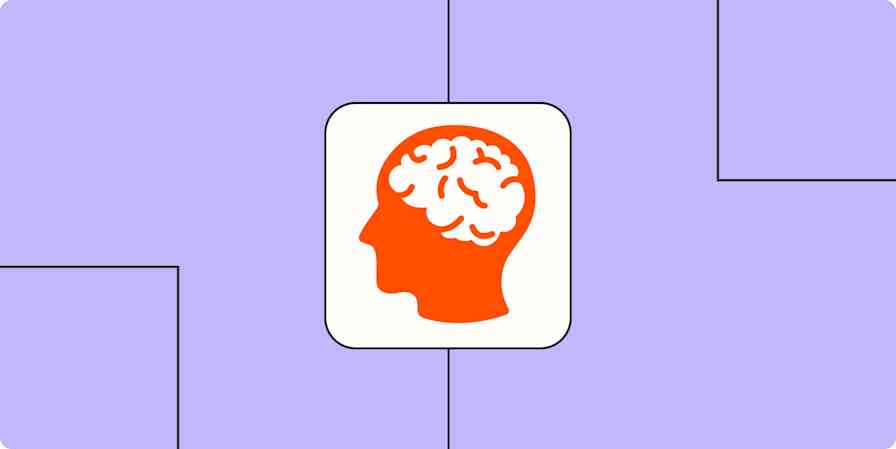Have you ever gotten lost in a mall? It's not your fault.
Malls are intentionally confusing, a sort of modern labyrinth. The idea is you'll get lost, see some random stuff you don't need, then spend money on said stuff. It's called the Gruen transfer, and it's just one example of design choices specifically made to change your behavior.
Another example: grocery store shelves. You might think some employee arranges cereal boxes as they come in, but each placement is the result of a ridiculously complicated series of negotiations. Food companies pay grocery stores a lot of money so their products are at eye level because, statistically, you're likely to grab whatever's right in front of your face. This is why store brands are frequently on the bottom shelf.
The physical world is full of design choices like this—seemingly random decisions that are actually made with intention, because of a specific agenda. Software isn't any different.
App notifications and intention
Facebook notifications used to be so simple: if someone tagged me or responded to one of my posts, the red dot would let me know. Over time, this changed, and I started getting notifications for all kinds of things. Sometimes I'd get notifications about a friend liking a post by someone I don't know. Occasionally I'd get notifications that were just friend recommendations.
As with malls, this isn't some accident. This is a decision Facebook made. I can only speculate, but the data probably showed people are more likely to engage with content if there's a notification, and a decision was made to put more stuff in the notifications. Their agenda, if I had to guess, is for me to spend more time on Facebook.
You might not think about this much. Tech companies do—a lot.
The shopping mall also has an agenda: they want you to walk around, see a bunch of different stores, and buy stuff. Knowing about this agenda can help you make better decisions. Maybe you'll look up maps before heading to the mall, so you know where you're going. Maybe you'll give yourself a strict budget ahead of time, so you don't overspend. Or maybe you don't mind the mall's agenda and are perfectly happy to wander and buy things.
My point here isn't that malls are bad—it's that they're not neutral. Malls are designed with an agenda, and knowing about that agenda can help you make better decisions.
Software is the same way. The companies that make software have an agenda, and every design choice is in service of that agenda. There's nothing inherently wrong with this, but that agenda may or may not line up with yours. So it's worth thinking about your agenda and how it aligns with the agenda of the services you're using.
When it comes to Facebook, I want to see posts from my family and basically nothing else. I can accomplish this by changing my Facebook notification settings, so that only those posts show up. Your personal Facebook preferences may differ, which is exactly my point: you need to think about what you want to get out of an app, then try to consciously use it in that way. The alternative is to be lost in the mall forever.
Worried about how much time disappears online? Here's how to ruin your brain less while using the internet.
Business apps are the same way

You might think apps you pay for are different, and it's true these companies are making a different sort of calculation. They don't necessarily need to optimize for engagement—they just need to convince you to keep paying for their product. But that's not a lack of agenda. It's a different one.
Slack wants you to respond to messages, quickly, which is part of what makes the app so addictive. You might prefer responding to messages on your own time, so consider blocking Slack when you need to focus, turning off the red dot, and uninstalling the apps from your phone entirely.
Google wants you to use Google Meet instead of Zoom and tweaked Gmail and Google Calendar to make Meet more prominent. The idea is to get you into the habit of using Meet, but that might not be what you want. Consider making Zoom the default app in Google Calendar and hiding Google Meet in Gmail.
Automation can help you spend less time in apps by letting you create workflows to automatically move information you're managing manually. Create to-dos, log messages, and create custom alerts in Slack. Send information between Google apps like Sheets, Calendar, and Gmail, without copying and pasting.
Neither of these are examples of companies trying to do anything nefarious—they're just trying to do things that you, personally, might not want. Other apps are designed to change your habits in ways you might appreciate. Distraction blocking apps are built to break your habit of opening social networks when you should be working. Todoist uses karma to review productive behavior. Habitica, another to-do list app, takes this one step further by turning productivity into a role-playing game.
Every app is trying to change your habits, and in some cases, you might actually want that. In other cases, less so. Every app has an agenda. That's ok—just know what your agenda is, and actively think of ways to get there. Your computer is a tool, and you should use it like one.
Make technology work better for you by using automation to create habits and help you learn new things or add joy to your day.





